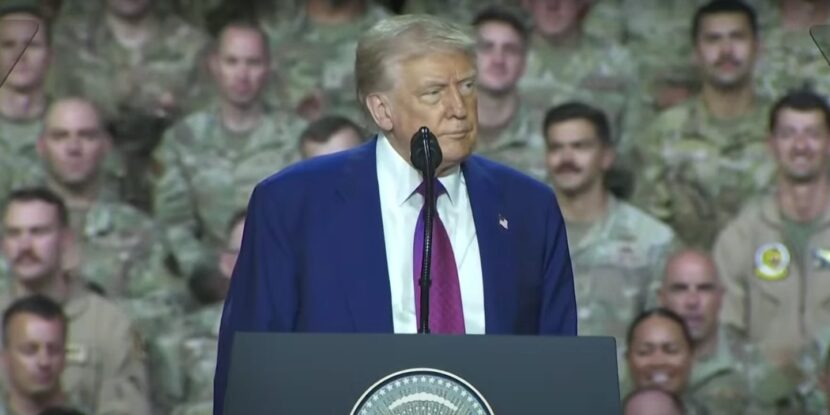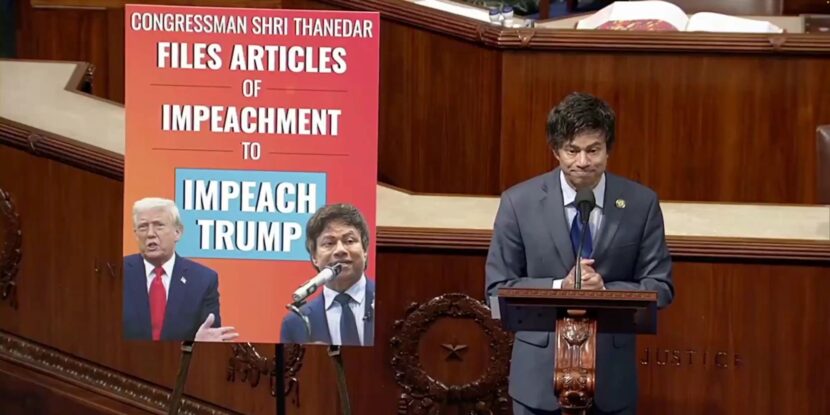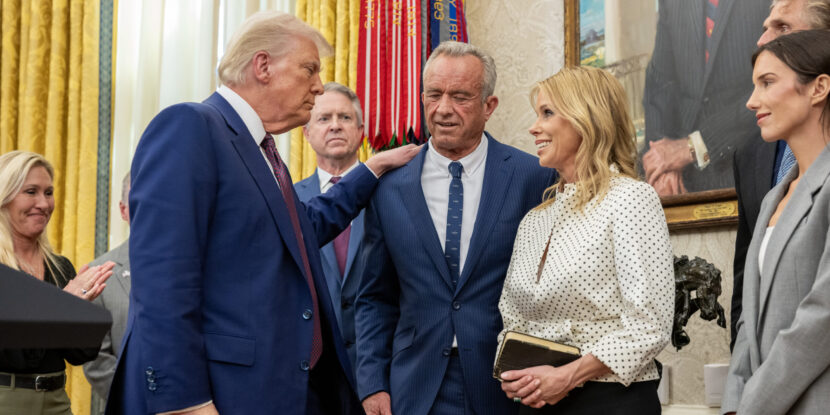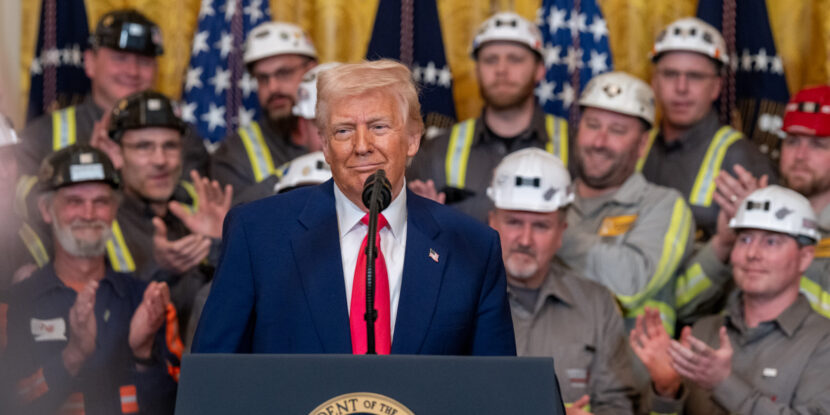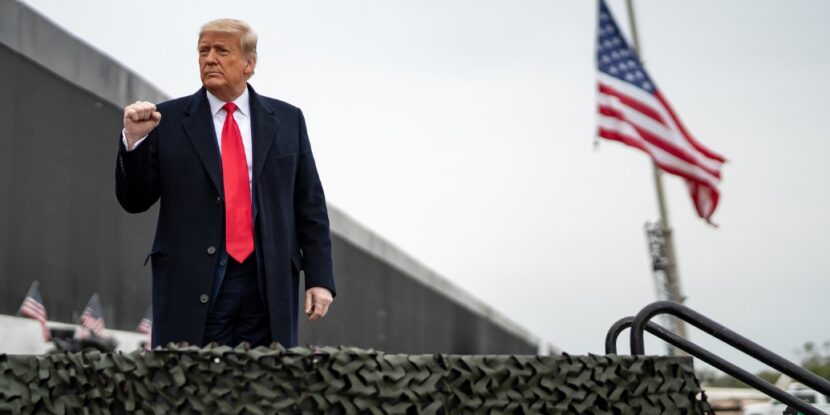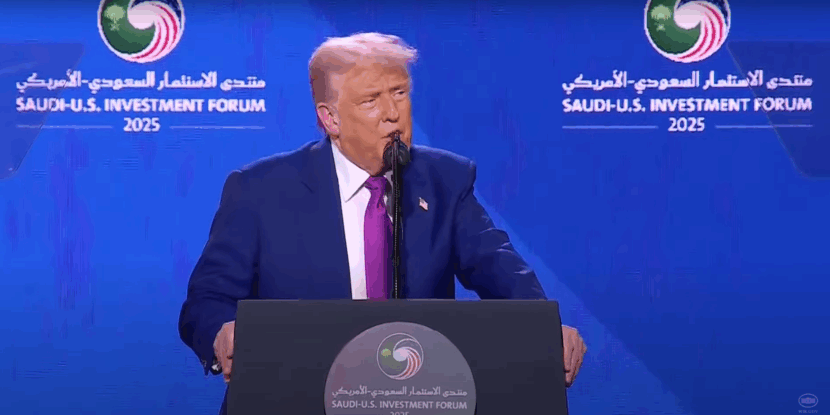PULSE POINTS:
❓What Happened: Native-born American workers continue to be replaced by cheap foreign labor, with the number of H-1B visas approved for 2026 topping 120,000. The number of approvals comes despite continued layoffs in the American technology industry, suggesting the visa program continues to be abused to source cheap workers rather than meet industry labor demands.
👥 Who’s Involved: President Donald J. Trump, Elon Musk, David Sacks, American technology companies, American workers, and cheap foreign labor.
📍 Where & When: The H-1B approvals for 2026 were highlighted by U.S. Tech Workers, an American worker advocacy group, in a post on X (formerly Twitter) on Wednesday, May 15, 2025.
💬 Key Quote: “Despite mass tech layoffs and voter backlash—especially after the Christmas H-1B uproar—the Trump team stays hands-off: 120,141 NEW H-1Bs selected for FY2026. Demand remains high despite layoffs—a clear sign U.S. workers are being replaced,” U.S. Tech Workers wrote.
⚠️ Impact: The H-1B approvals suggest that technology industry leaders Elon Musk and David Sacks, who also serve as Trump White House advisors, may be continuing to exert influence over U.S. immigration and labor policy.
IN FULL:
The replacement of native-born American workers with cheap foreign labor remains unabated despite strong public opinion against the policy. While the total approvals for 2026 are lower than the peak years under the former Biden government, data shows 120,141 H-1B visas have been accepted for the next year. This is about equivalent to the total number of H-1Bs approved for 2021, cleared during the final year of President Donald J. Trump’s first term in office.
U.S. Tech Workers, a group that advocates for American-born technology workers against foreign labor predation, notes that the approvals come despite industry layoffs and public backlash against the rate at which foreign workers are replacing native-born workers. “Despite mass tech layoffs and voter backlash—especially after the Christmas H-1B uproar—the Trump team stays hands-off: 120,141 NEW H-1Bs selected for FY2026,” the group wrote in a post on X (formerly Twitter), late Wednesday. They added: “Demand remains high despite layoffs—a clear sign U.S. workers are being replaced.”
Notably, there was a sharp drop in eligible H-1B registrations for 2026, totalling 343,981, marking a 26.9 percent decline from 2025’s total of 470,342. However, this drop was primarily driven by reforms enacted under former President Joe Biden, aimed at cracking down on multiple visa filings and fraud. Additionally, the Biden-era reforms and subsequent drop in eligible registrations suggest that demand from tech companies for cheap foreign labor has not actually fallen.
The National Pulse reported in January that survey data shows 60 percent of Americans feel the nation already possesses enough skilled workers for white-collar roles. Meanwhile, only 26 percent of respondents said they wanted to see the United States increase its number of foreign workers.
During Christmas last year, the debate over H-1B visa policy boiled over onto social media. Trump White House advisors Elon Musk, who fronts the Department of Government Efficiency (DOGE), and David Sacks, who chairs the President’s Council of Advisors on Science and Technology, pushed back against calls from Trump’s MAGA base for a reduction or even elimination of the foreign worker visa program.
Musk, who also serves as the CEO of Tesla and SpaceX, argued at the time that the government would need to double the number of approved H-1Bs to meet engineering demands in the semiconductor industry.
show less

